China plans to expand its space station from three modules to six in the coming years, aiming to provide astronauts from other countries with an alternative platform for near-Earth missions as the NASA-led International Space Station (ISS) nears the end of its lifespan, Reuters reported.
The information was released by the China Academy of Space Technology (CAST) at the 74th International Astronautical Congress in Baku, Azerbaijan, on October 4 (local time).
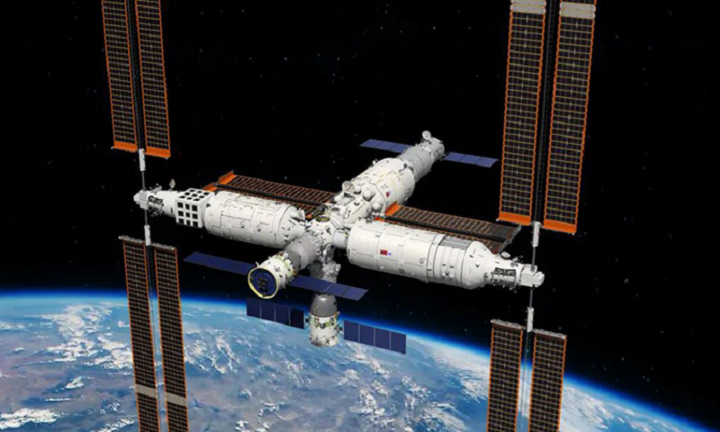
Simulated image of the three modules of the Tiangong space station. (Photo: Baidu)
China's self-built space station, also known as Tiangong (Heavenly Palace), has been fully operational since late 2022, accommodating up to three astronauts at an orbital altitude of up to 450km. According to CAST, the space station's operating time could last more than 15 years.
At 180 tons after expanding into five modules, Tiangong is still only 40 percent the mass of the ISS, which can accommodate a crew of seven astronauts. But the ISS, which has been in orbit for more than two decades, is scheduled to be decommissioned after 2030, around the same time China has announced that it hopes to become a “space power.”
In 2022, when Tiangong is expected to be fully operational, China said it would not be "lazy" as the ISS prepares to retire, adding that "some countries" have asked to send their astronauts to the Chinese space station.
However, in a blow to China's space diplomacy ambitions, the European Space Agency (ESA) said this year it had not been given the budgetary or " political " green light to join Tiangong, shelving years-long plans for a visit by European astronauts.
China's Global Times commented at the time: "Giving up cooperation with China in the field of manned space is clearly short-sighted, which shows that the US-led competition has led to a new space race."
Tiangong has become a symbol of China's growing power and confidence in its space efforts, as well as a challenge to the US in the field after Beijing was isolated from the ISS. US law prohibits NASA from engaging in any form of cooperation with China.
Russia, a member of the ISS, also has a similar space diplomacy plan, proposing that Moscow's partners in the BRICS group – Brazil, India, China and South Africa – could build a module for its space station.
Roscosmos, the Russian space agency, said last year it was planning to build a space station consisting of six modules that could accommodate up to four astronauts.
Hoa Vu (Source: Reuters)
Source



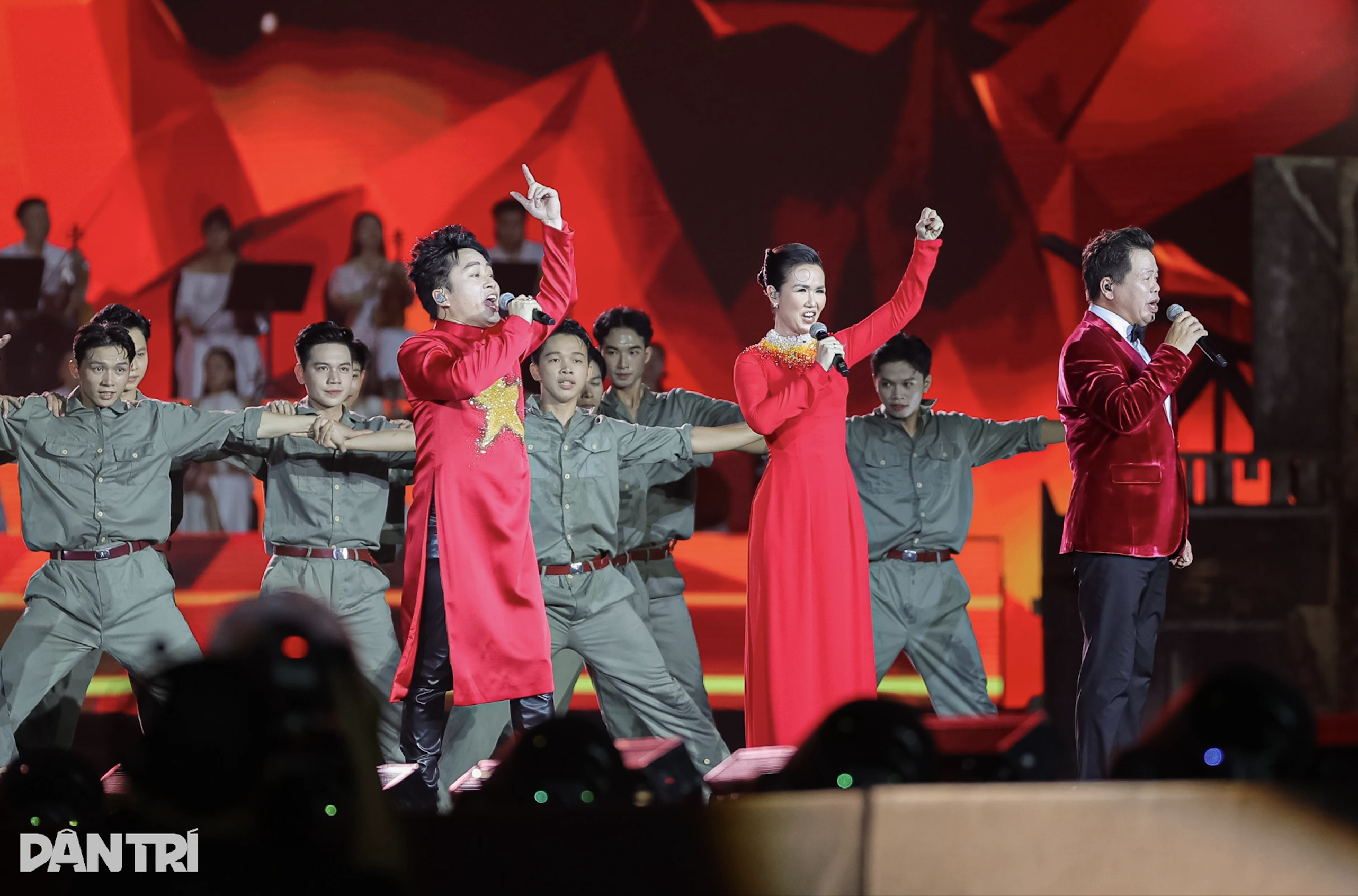


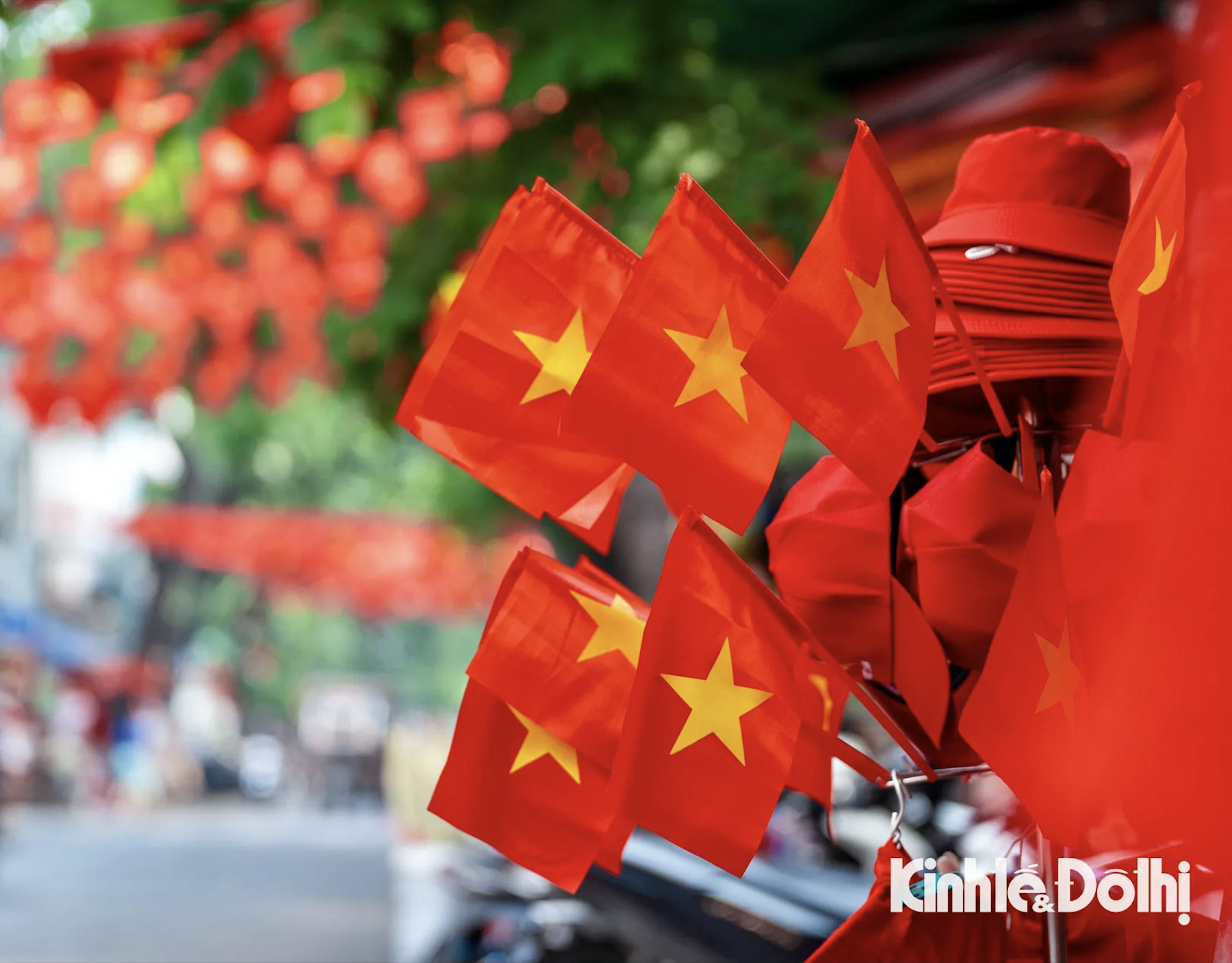

![[Photo] President Luong Cuong receives delegation of the Youth Committee of the Liberal Democratic Party of Japan](https://vstatic.vietnam.vn/vietnam/resource/IMAGE/2025/8/22/2632d7f5cf4f4a8e90ce5f5e1989194a)
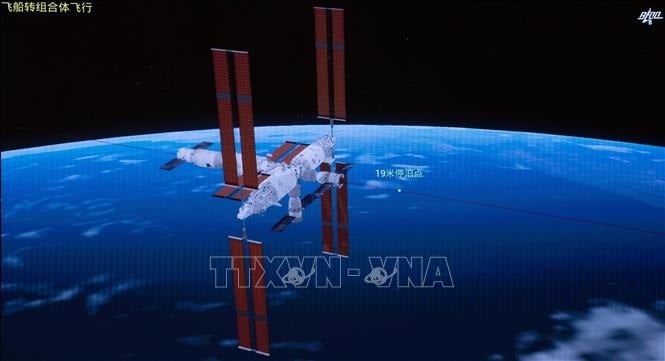

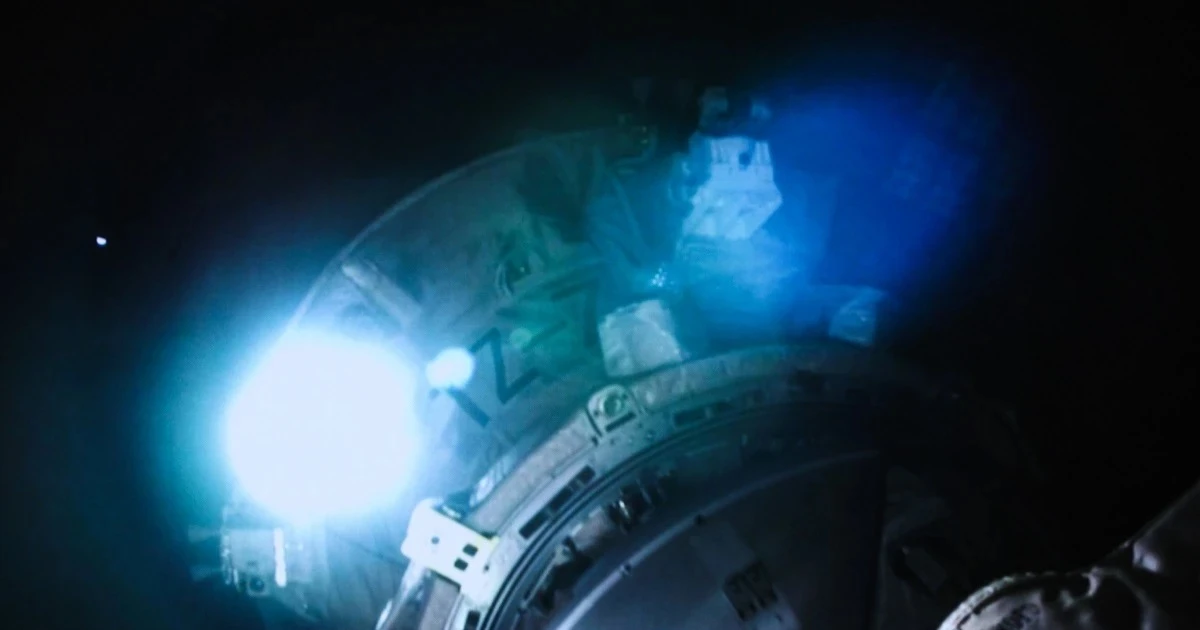

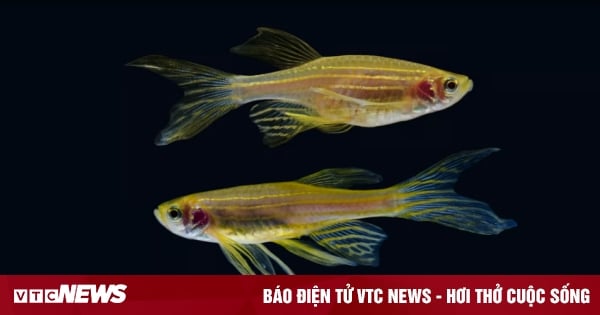
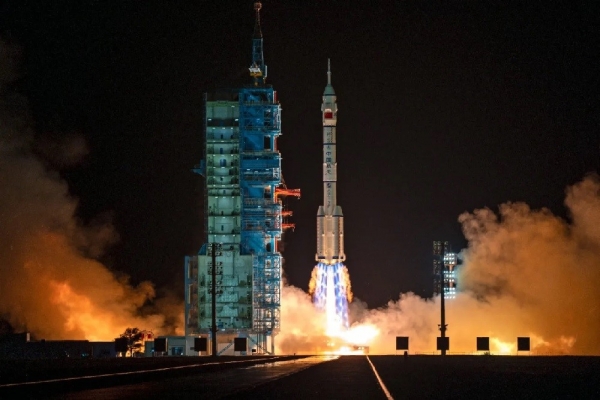

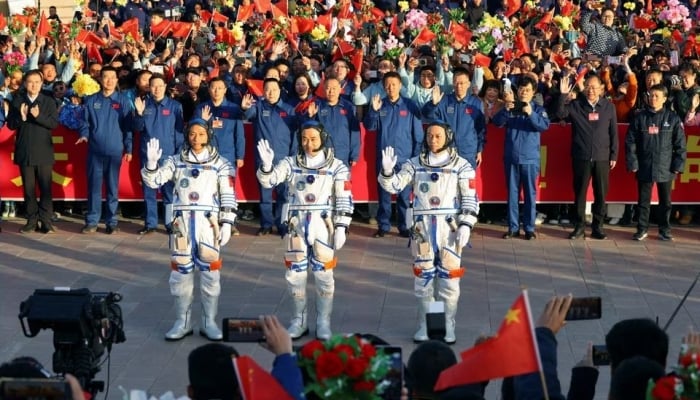

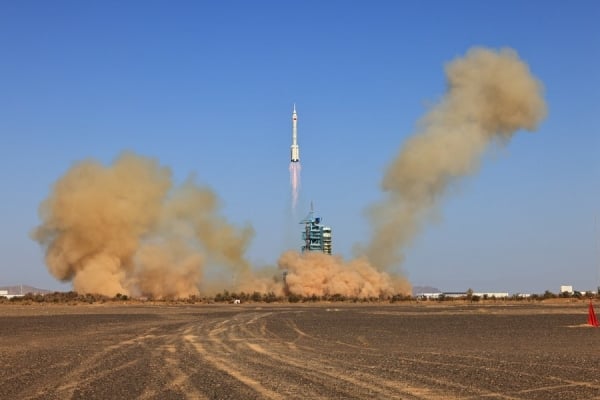
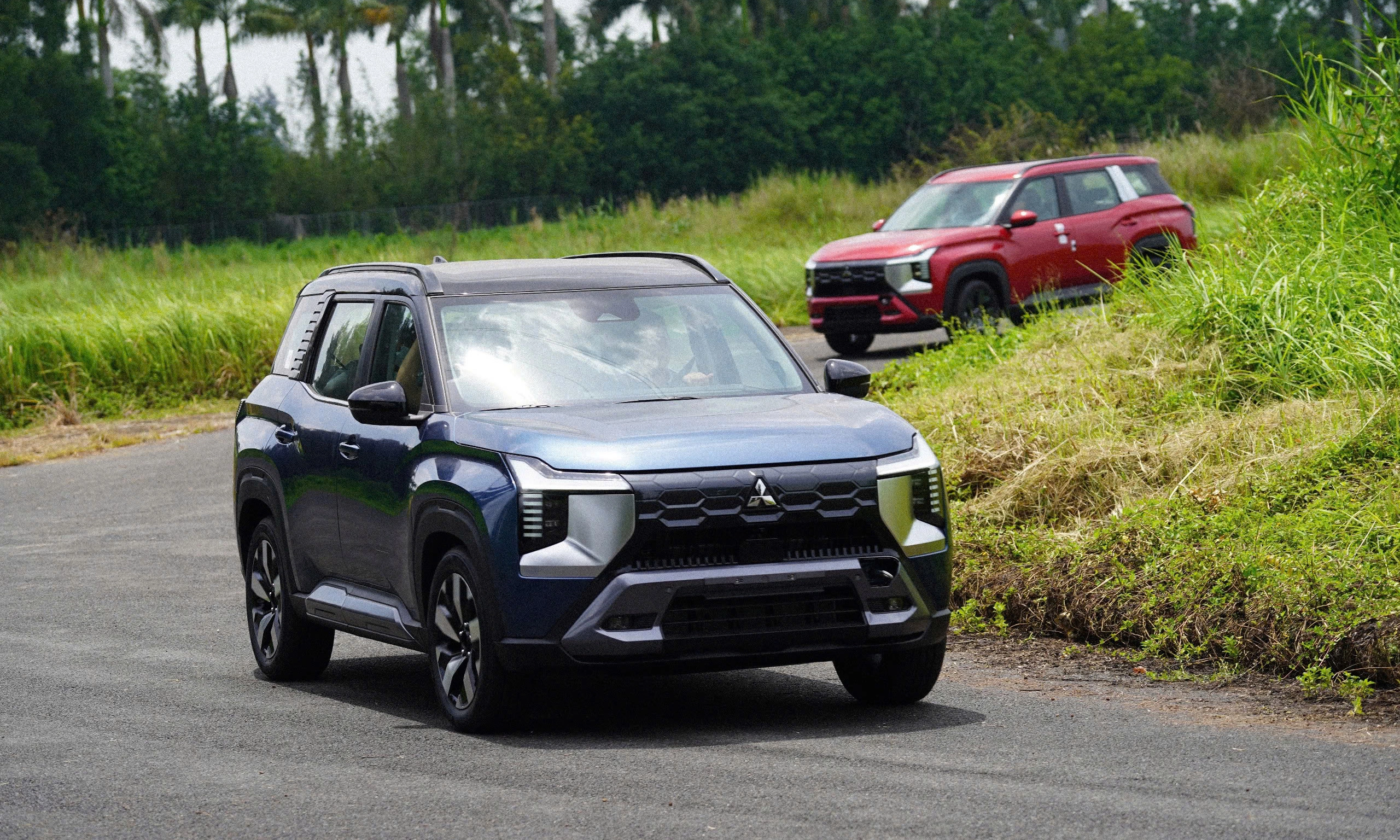



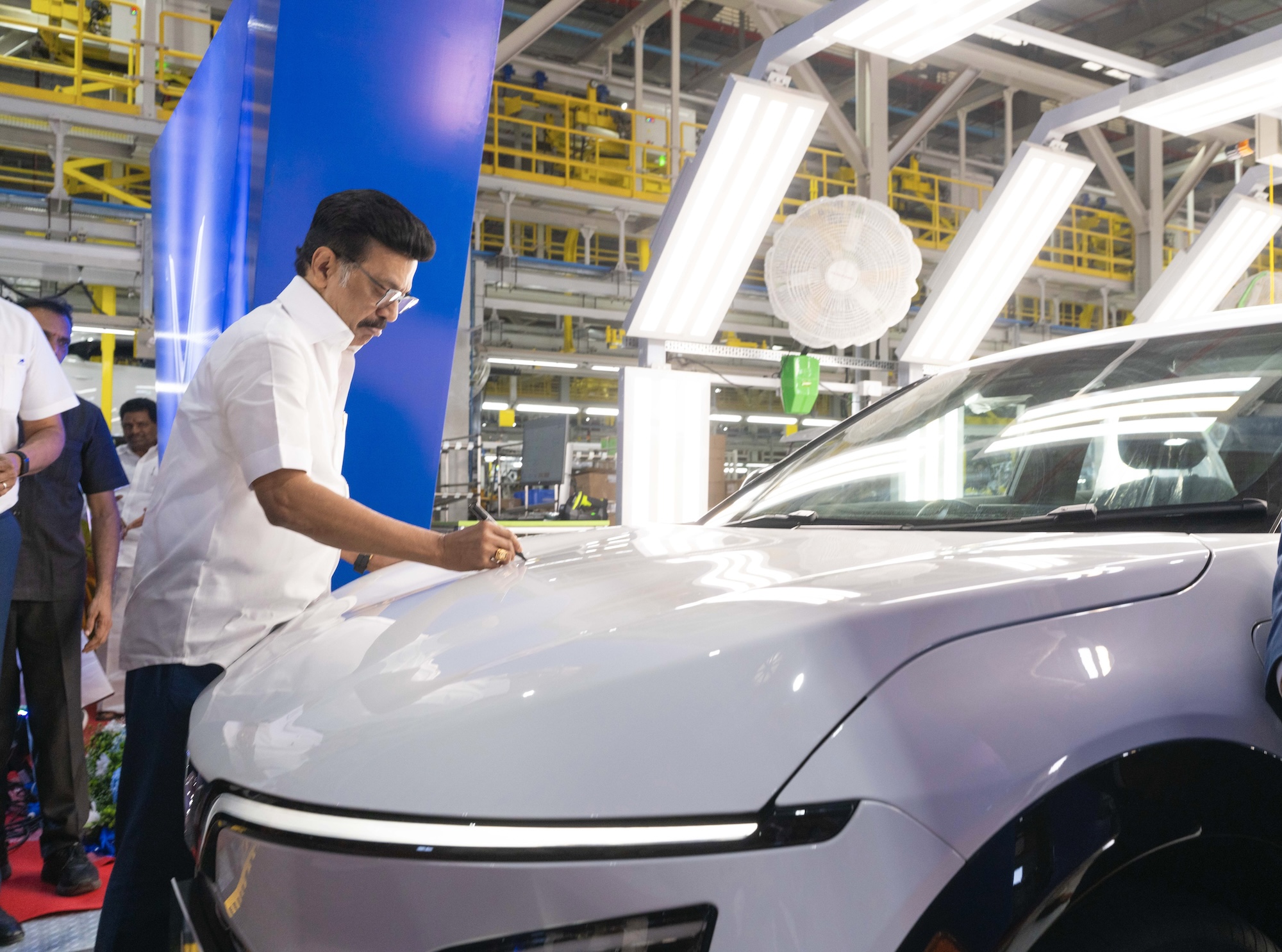
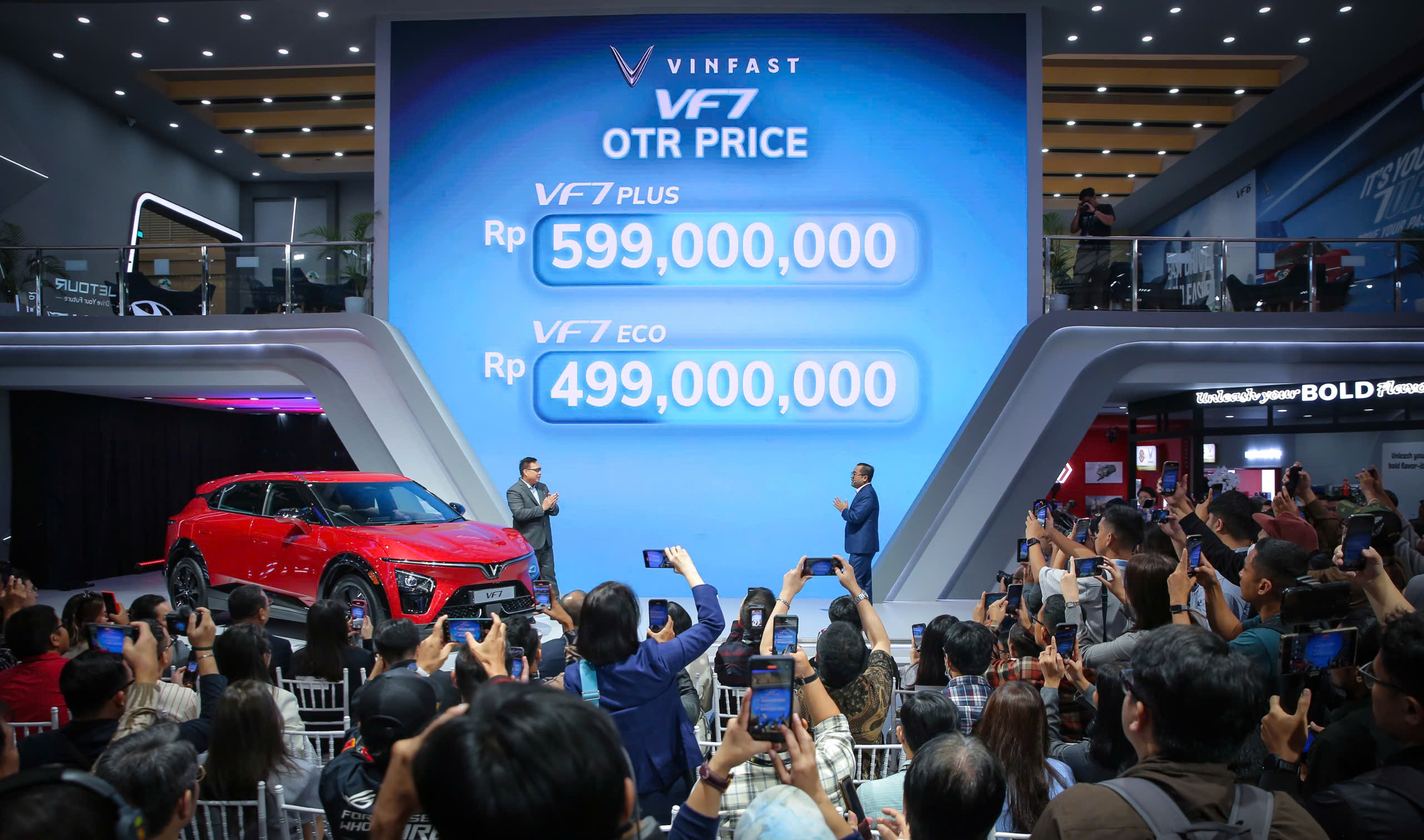




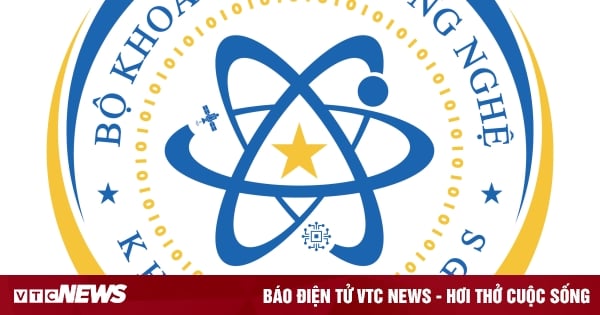


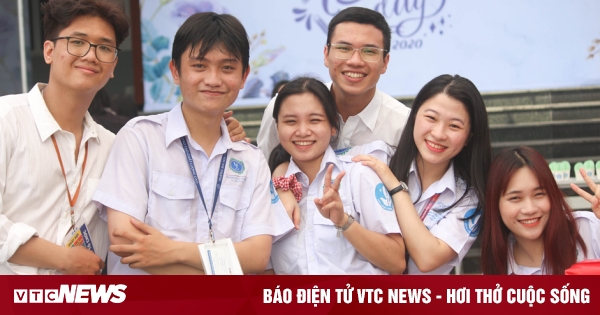

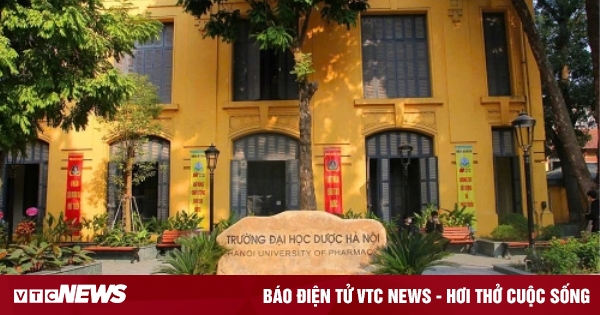
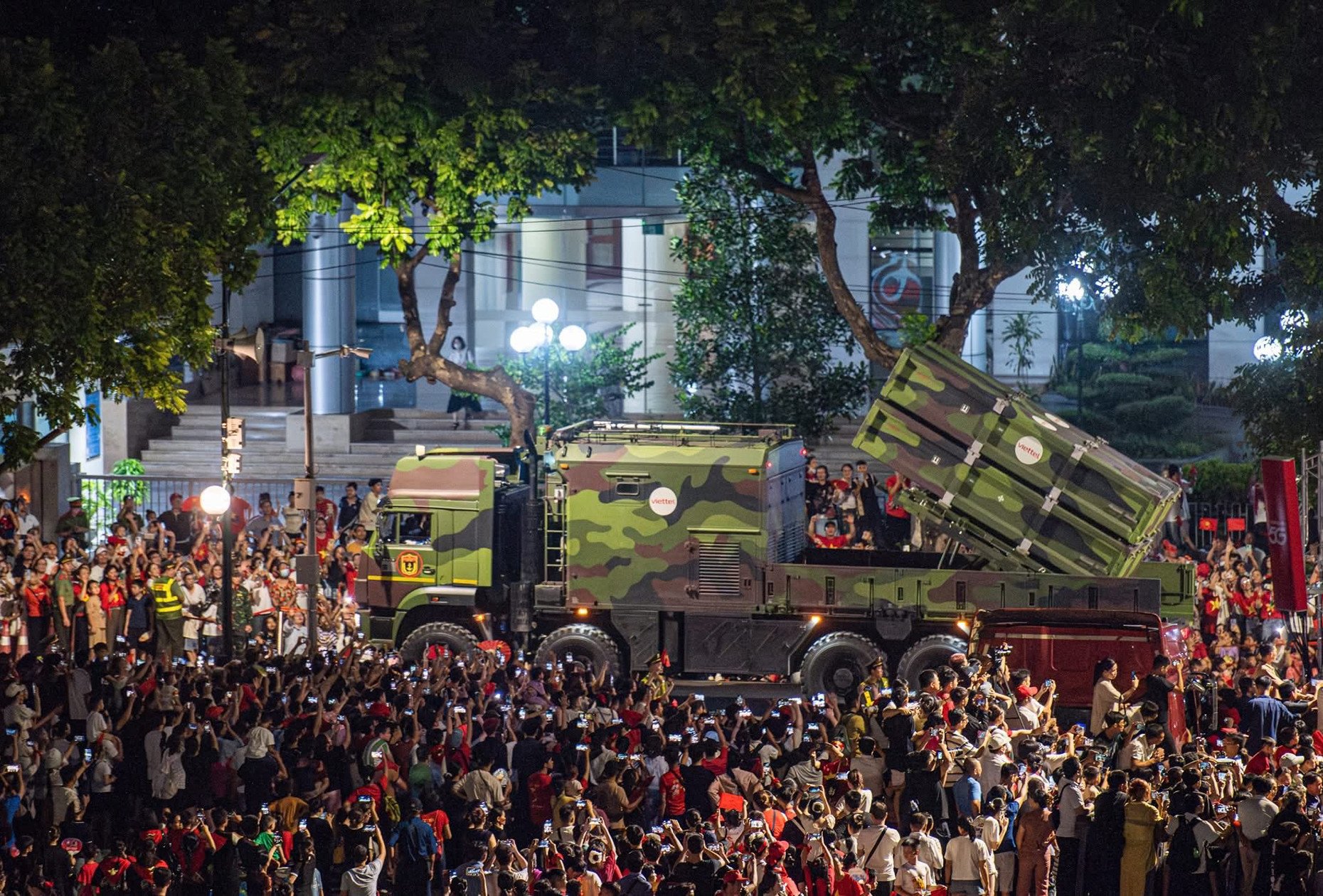


















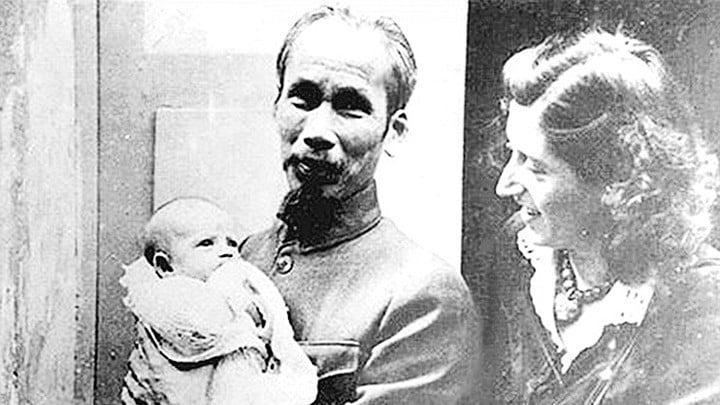











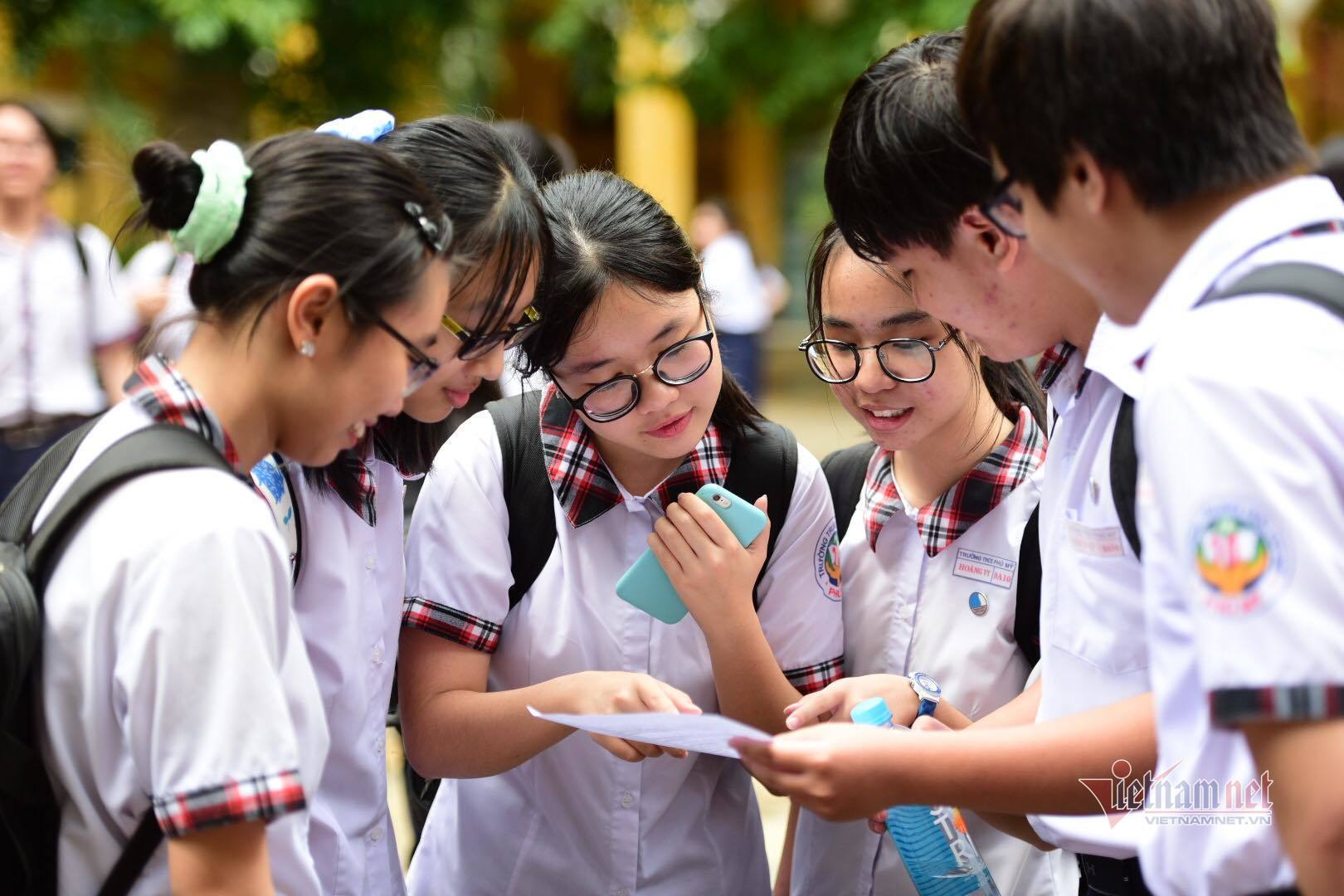










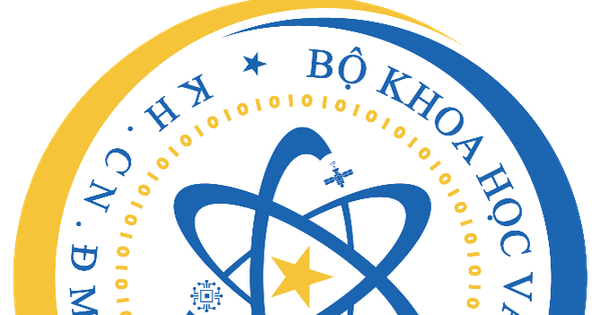

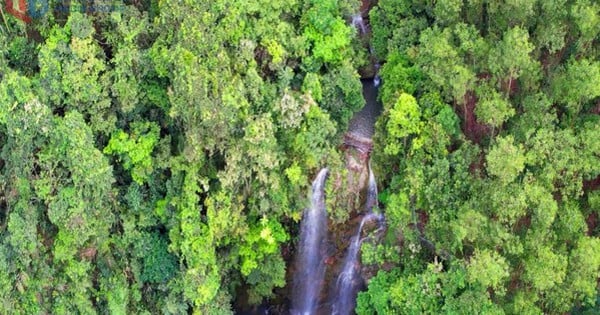
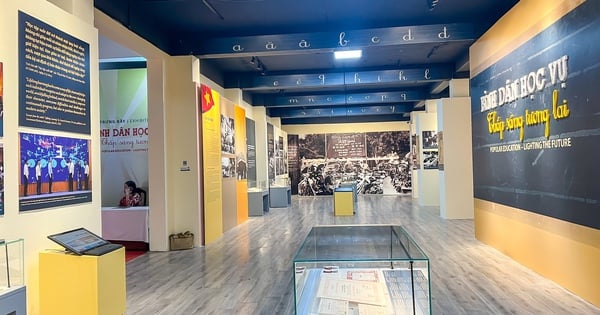
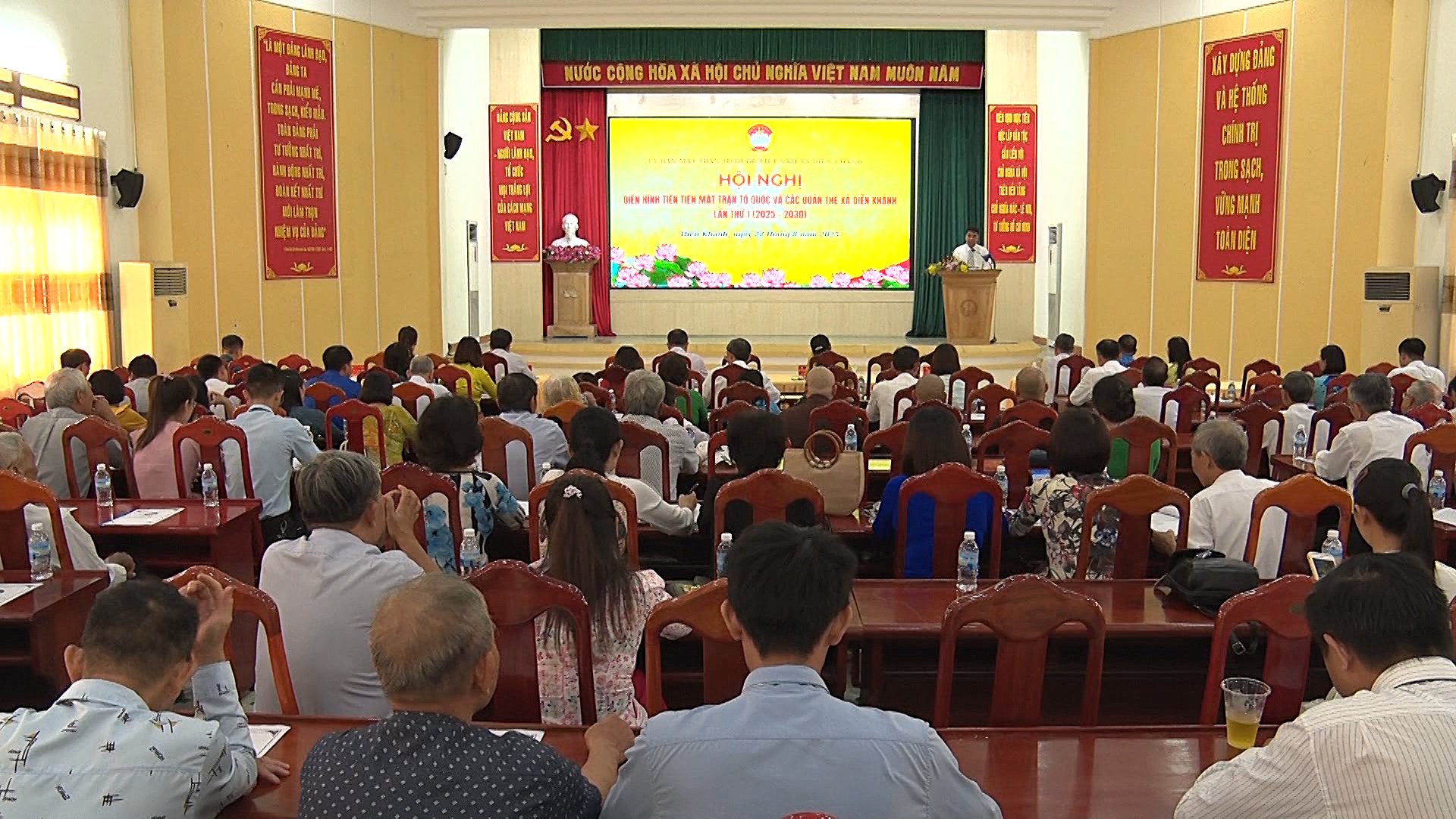





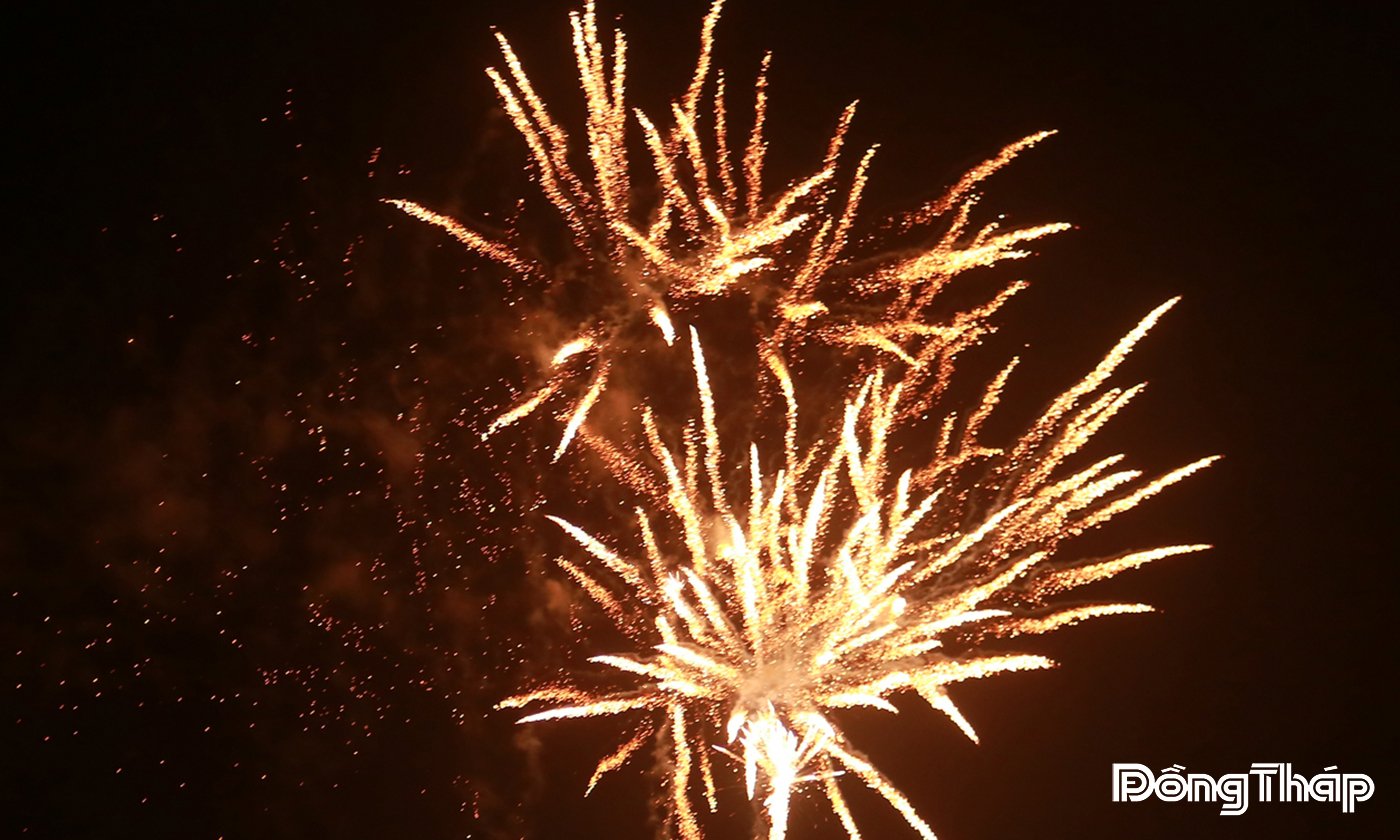

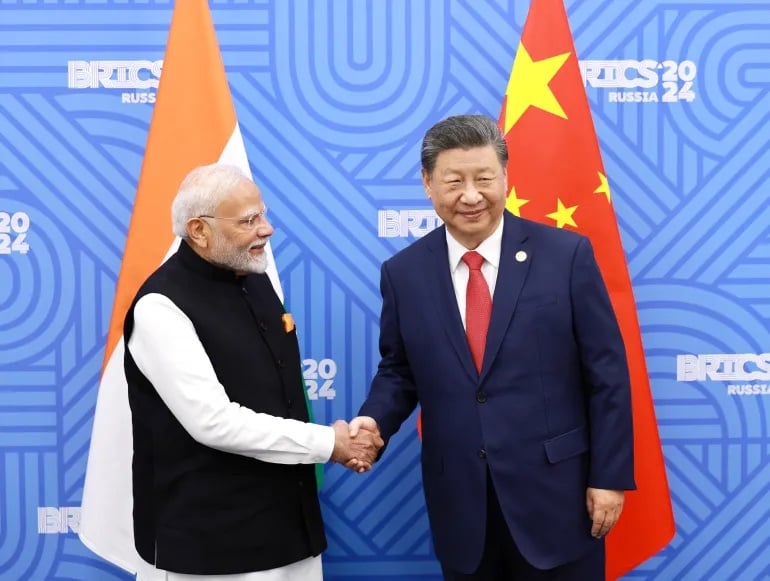

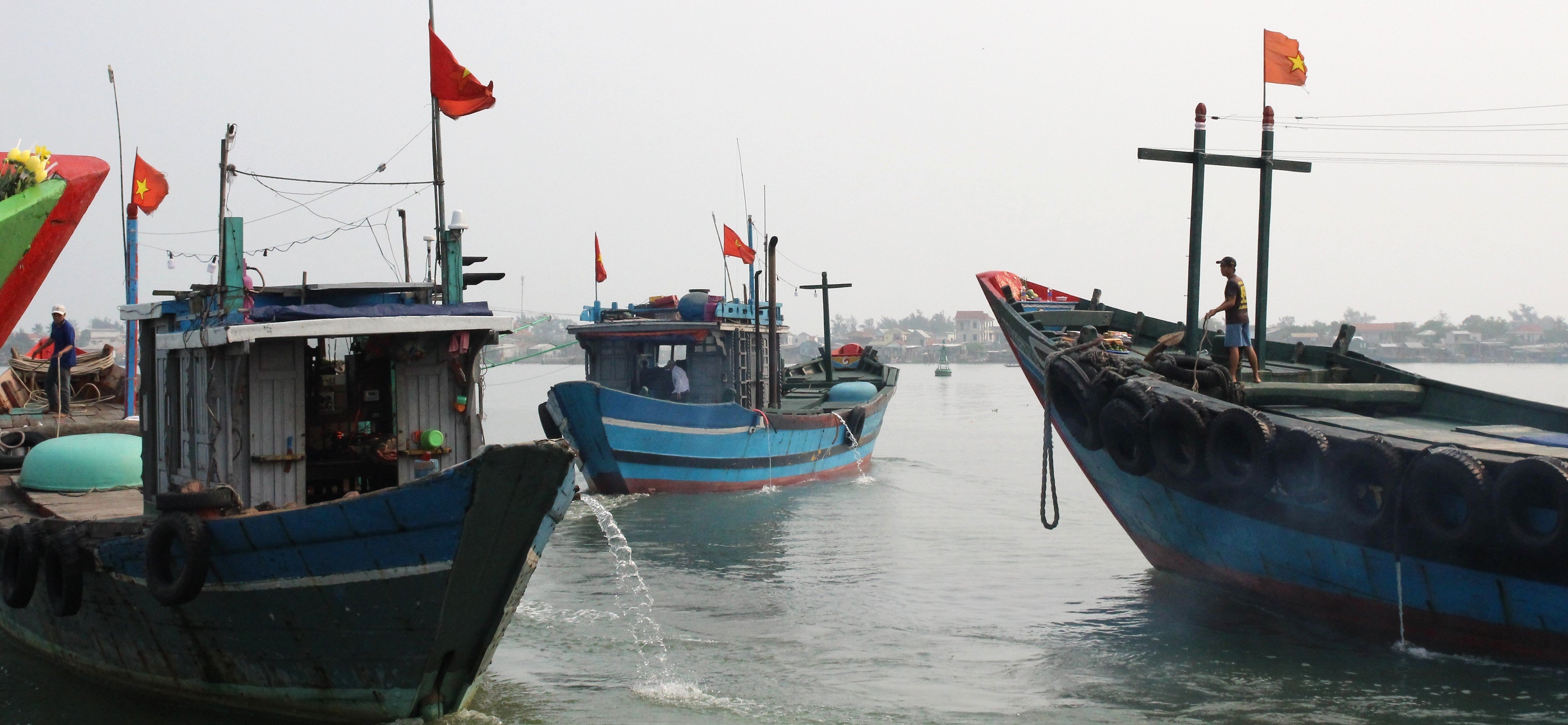














Comment (0)